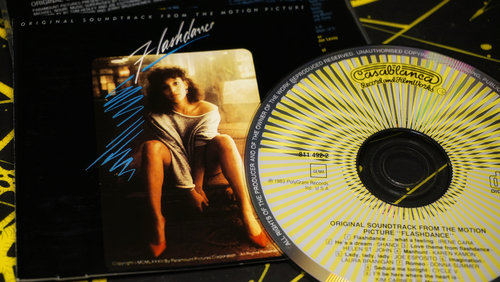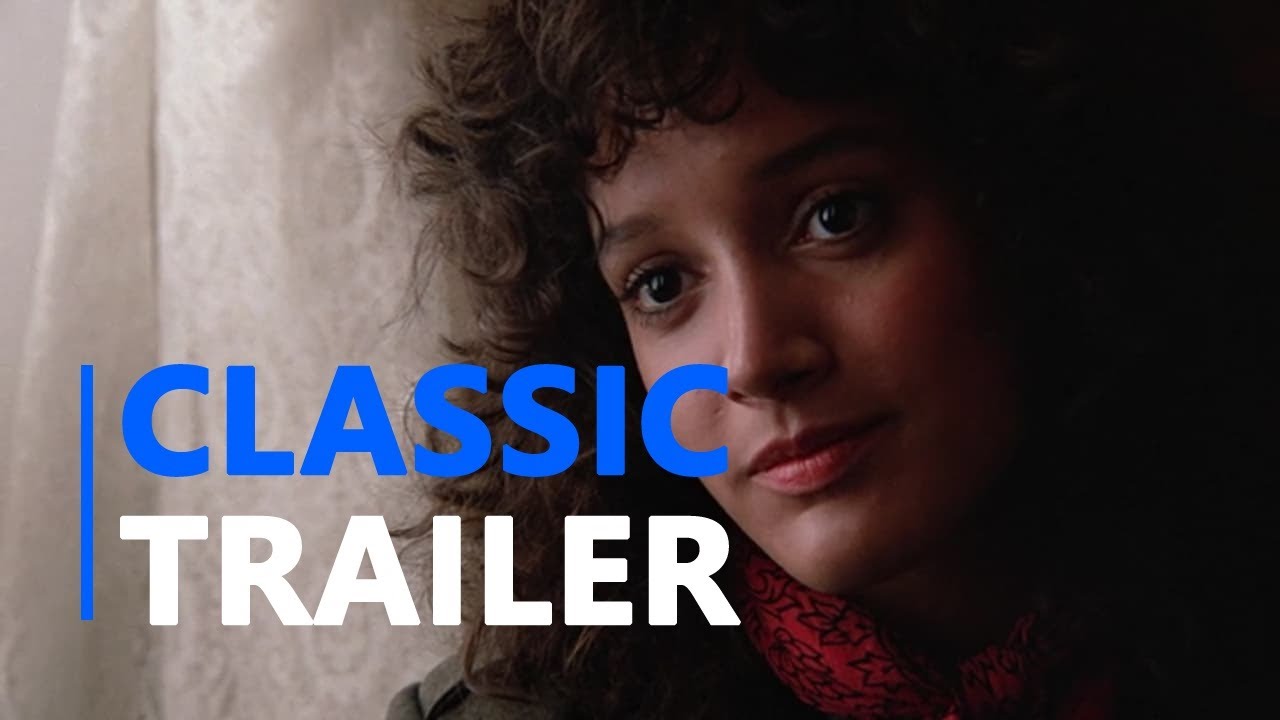
Femcompetitor.com, grapplingstars.com, fciwomenswrestling.com, fcielitecompetitor.com, editorial credit Stefano Chiacchiarini-shutterstock photo credit
July 16, 2021,
Listening to, being cognizant of and fully grasping the power of both, in terms of what you just heard can be a philosophical breakthrough.
In terms of pursing and fulfilling our life’s dream, an expression that keeps rewinding in our mind like a taped message that we have applied in some of the toughest, most competitive situations is the belief that if you lose your dreams, you began to die.
Since we’re in the midst of a powerful and sometimes distressing pursuit ourselves, we actually think about that every day.
Where did we get this lifelong kernel of spiritual truth that motivates us to new heights?
Up in the highest mountains of Tibet? No.
The deepest and most isolated oceans of the Pacific? No.
One of the most dynamic self-improvement retreats hidden away in the mystic Redwoods of Northern California while the rain softly drizzles down? No.
A walk inside one of the great Pyramids in the Middle East. No.
Where, you ask Weed Hopper?
Flashdance.

Yeah, that’s right Frodo. That groovy movie. That video dance extravaganza set in a naughty Pittsburg strip club. A film filled with sensuous strippers (we watched for research and writing purposes), beer guzzlers, a grimy drug dealer, funky burger cooks, liquor sipping waitresses and the gorgeous Jennifer Beals shaking her booty at twenty years old.
Deep stuff, right?
That’s exactly where we got it Don Quixote.
Why are you looking at us like that?
Sorry to disappoint you.
For those of you who were not at a state of social awareness in the 1980’s, here is the storyline.
Flashdance is a 1983 American romantic drama dance film directed by Adrian Lyne and starring Jennifer Beals as a passionate young dancer who aspires to become a professional ballerina (Alex), alongside Michael Nouri (Nick) playing her boyfriend and the owner of the steel mill where she works by day in Pittsburgh.
It was the first collaboration of producers Don Simpson and Jerry Bruckheimer, and the presentation of some sequences in the style of music videos was an influence on other 1980s films including Footloose, Purple Rain, and Top Gun.
The film opened to negative reviews by professional critics, including a film reviewer we often quote, the great Roger Ebert, who panned it as “great sound and flashdance, signifying nothing” (and eventually placed it on his “most hated” list).
Ouch.
The rest of the world and movie going public didn’t see it that way.
It was a surprise box-office success, becoming the third-highest-grossing film of 1983 in the United States. Its worldwide box-office gross exceeded $200 million.
We sense that it wasn’t just the razzle and dazzle that moved people. It was the underlying message that it is so important to keep pursing your personal dream. Never, ever give up.
Not to accept failure due to the road blocks massively placed in front of you.
Our beautiful girl named Alex, who just happens to work in a Steel Mill (we never said this was Gone With The Wind), has a boss named Nick, who noticed her talents while he was relaxing one night at the strip club.

The connection is made that she works for him, and as they say, at the steel mill, sparks begin to fly.
Nick also has connections at the Pittsburg Ballet and since Alex dreams of being a dancer there and thus far has been too intimidated to truly compete, Nick learns of her dream and unknown to her, gets her an audition.
Eventually Alex finds out it was Nick who made things happen for her.
Alex is furious with Nick, as she did not get the opportunity based on her own merit, and decides not to go through with the audition. Seeing the results of others’ failed dreams and after the sudden death of Hanna, her longtime mentor, Alex becomes despondent about her future, but finally decides to go through with the audition.
It was previous to her decision, when she was angry at Nick, even hitting him, that he uttered those famous words, “When you give up your dream, you die.”
And you know what.
Nick was right.
And he still is.
We have seen this happen so often in real life and one of our associates even experienced that very harshly himself.
It was not lost on us that so much symbolism seems to revolve in and out of this classic film. Make no mistake about it, there was far more here than meets the video dance music eye.
Hannah, the mentor of Alex, in real life was the classic actress Lilia Skala.
Ms. Lilia Skala (28 November, 28, 1896 – December 18, 1994) was an Austrian-American architect and actress. She is perhaps best known for her role in the film with the legendary Sidney Poitier, Lilies of the Field (1963), for which she received critical acclaim and an Academy Award nomination. During her career, Ms. Skala was also nominated for two Golden Globe Awards and a Primetime Emmy Award.
So when Hannah makes it clear to Alex that she can do it, she must do it and not to give up, her message resonates with depth and power.
In real life, gorgeous blonde girl next door, Sunny Johnson of Bakersfield, California, Alex’s film best friend Jeanie, died at the very young age of 30 from a from a burst blood vessel in her brain.
Unfortunately she most likely never saw it coming.
In the film, Jeanie fails at an ice skating competition and gives up on her dream.
Defeated and slumped over, she needed to be carried off of the ice. To what song?
Gloria, by Laura Branigan.
What would eventually happen to the sensational singer?
It’s been reported that Ms. Branigan died in her sleep at her lodge in East Quogue, New York, on August 26, 2004, aged 52. The cause was attributed to a previously undiagnosed ventricular brain aneurysm.
Forgive us, but that seems like a very uncomfortable coincidence.
Few of us can see what is coming in the future.
It is the present that is so incredibly important and that is why you have to stay cognizant of what your dream and life purpose is and absolutely pursue it.
You must.
It is not optional.
We can’t say enough about the people we know here in upscale Northern California who lived a life of duty, invested well and save tons of money believing that in retirement, it is then that they will pursue their dreams.
Sounds great right?
Then they lose their health.
We knew of so many who paid off their houses, who seemed to have a plan, only to see them in their golden years, sit around in the house, go for walks, eat at nice restaurants and wither away to an assisted living facility where they fade and die.
It was and is so incredibly painful and sad to watch that happen to friends and people that you love, who you’ve known for years, as someone else.
Sorry Mr. Ebert. We virtually always completely agree with you but not here. Flashdance signified much.
What is important to you right now?

Find out.
Then pursue it.
Don’t accept failure.
Ever.
Do that, and it’s over.
~ ~ ~
OPENING PHOTO Femcompetitor.com, grapplingstars.com, fciwomenswrestling.com, fcielitecompetitor.com, editorial credit Stefano Chiacchiarini-shutterstock photo credit
https://en.wikipedia.org/wiki/Flashdance
https://en.wikipedia.org/wiki/Lilia_Skala
https://en.wikipedia.org/wiki/Laura_Branigan
https://www.fcielitecompetitor.com/
https://fciwomenswrestling.com/



